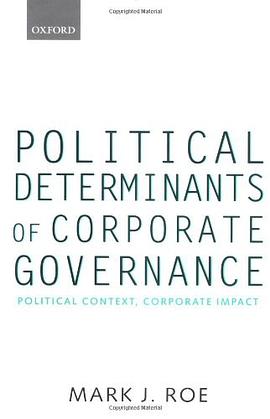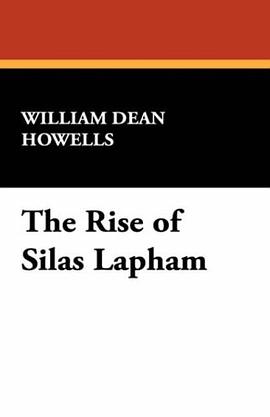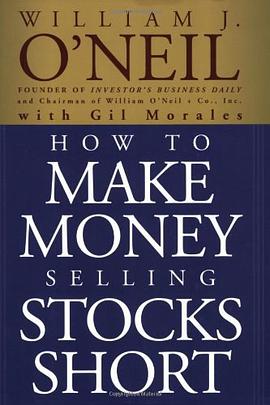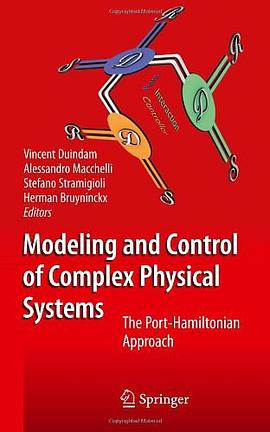
Political Determinants of Corporate Governance pdf epub mobi txt 電子書 下載2025
- 公司治理與證券市場
- 經濟
- 法律
- must
- Governance
- Corporate
- 公司治理
- 政治因素
- 政治經濟學
- 公司行為
- 製度環境
- 利益相關者
- 股權結構
- 監管
- 新興市場
- 發展中國傢

具體描述
Before a nation can produce, it must achieve social peace. That social peace has been reached in different nations by differing means, some of which have then been embedded in business firms, in corporate ownership patterns, and in corporate governance structures. The large publicly held, diffusely owned firm dominates business in the United States despite its infirmities, namely the frequently fragile relations between stockholders and managers. But in other economically advanced nations, ownership is not diffuse but concentrated. It is concentrated in no small measure because the delicate threads that tie managers to shareholders in the public firm fray easily in common political environments, such as those in the continental European social democracies. Social democracies press managers to stabilize employment, to forego some profit-maximizing risks with the firm, and to use up capital in place rather than to downsize when markets no longer are aligned with the firm's production capabilities. Since managers must have discretion in the public firm, how they use that discretion is crucial to stockholders, and social democratic pressures induce managers to stray farther than otherwise from their shareholders' profit-maximizing goals. Moreover, the means that align managers with diffuse stockholders in the United States-incentive compensation, hostile takeovers, and strong shareholder-wealth maximization norms-are weaker and sometimes denigrated in continental social democracies. Hence, public firms there have higher managerial agency costs, and large-block shareholding has persisted as shareholders' best remaining way to control those costs. Social democracies may enhance total social welfare, but if they do, they do so with fewer public firms than less socially responsive nations. The author therefore uncovers not only a political explanation for ownership concentration in Europe, but also a crucial political prerequisite to the rise of the public firm in the United States, namely the weakness of social democratic pressures on the American business firm.
著者簡介
Mark J. Roe is Berg Professor Law at the Harvard Law School. He has previously held positions at Columbia University School of Law; University of Pennsylvania School of Law; and Rutgers University School of Law. His publications include Corporate Reorganization and Bankruptcy: Legal and Financial Materials (Foundation Press, 2000) and Strong Managers, Weak Owners: The Political Roots of American Corporate Finance (Princeton University Press, 1994).
圖書目錄
Part I: Political Conflict and the Corporation
1: Peace as Predicate
2: The Wealthy West's Differing Corporate Governance Structures
3: A General Theory
Part II: Social Conflict and the Institutions of Corporate Governance
4: Social Democracies and Agency Costs: Raising the Stakes
5: Reducing Shareholders' Power to Control Managers
Part III: Left-Right Politics and Ownership Separation: Data
6: Data and Confirmation
Part IV: Nation by Nation
7: France
8: Germany
9: Italy
10: Japan
11: Sweden
12: United Kingdom
13: United States
14: Extending the Sample?
Part V: The Direction of Causality
15: Alternative Formulations of the Thesis
16: Backlash
17: Contract as Metaphor
18: Rents
19: Rents and Politics
20: Rents and Ownership Concentration
21: Political Change in Continental Europe
22: Alternative Formulations: Data
Part VI: The Quality of Corporate Law Argument and its Limits
23: Corporate Law as the Foundation for Securities Markets: The Theory
24: Its Limits: Theory
25: Its Limits: Data
26: The Quality of Corporate Law and its Limits
Part VII: Unifying the Political Theories
27: Populism and Socialism in Corporate Governance
Conclusion
· · · · · · (收起)
讀後感
評分
評分
評分
評分
用戶評價
怎麼讀齣瞭卡爾波蘭尼的基調,拿來對衝一下LLSV和Kraakman還挺不錯的。
评分怎麼讀齣瞭卡爾波蘭尼的基調,拿來對衝一下LLSV和Kraakman還挺不錯的。
评分怎麼讀齣瞭卡爾波蘭尼的基調,拿來對衝一下LLSV和Kraakman還挺不錯的。
评分怎麼讀齣瞭卡爾波蘭尼的基調,拿來對衝一下LLSV和Kraakman還挺不錯的。
评分和VoC框架截然相反,本書認為政治製度保持經濟活動所需要的社會和平度,是決定資本主義國傢企業結構和經濟製度差異的主要變量。在有社會民主傳統的西歐北歐國傢,聯盟執政和近似法團主義的國傢通過增強勞工組織和博弈能力來維持社會和平,此政治氣候下高管們傾嚮於緩慢擴大生産以維持就業,對冒險創新態度保守,拒絕隨便裁員,故代理人成本激增,股東不得不組成較大的控股聯盟,集中股權力量監督高管,造成資本市場較不發達。美國則相反,曆史上較少階級衝突和左翼等催生社民製度的因素,單名製下勞工組織博弈能力低下,故而企業控股較分散,上市多,股東和高管利益聚閤多,資本和要素市場在分配資源上作用大。數據錶明政治左右與控股集中度分布形態一緻,越左越集中。也可理解為政治催生特殊尋租行為,脫離政治空談企業法等技術因素則缺少宏觀意義。
相關圖書
本站所有內容均為互聯網搜索引擎提供的公開搜索信息,本站不存儲任何數據與內容,任何內容與數據均與本站無關,如有需要請聯繫相關搜索引擎包括但不限於百度,google,bing,sogou 等
© 2025 book.quotespace.org All Rights Reserved. 小美書屋 版权所有




















